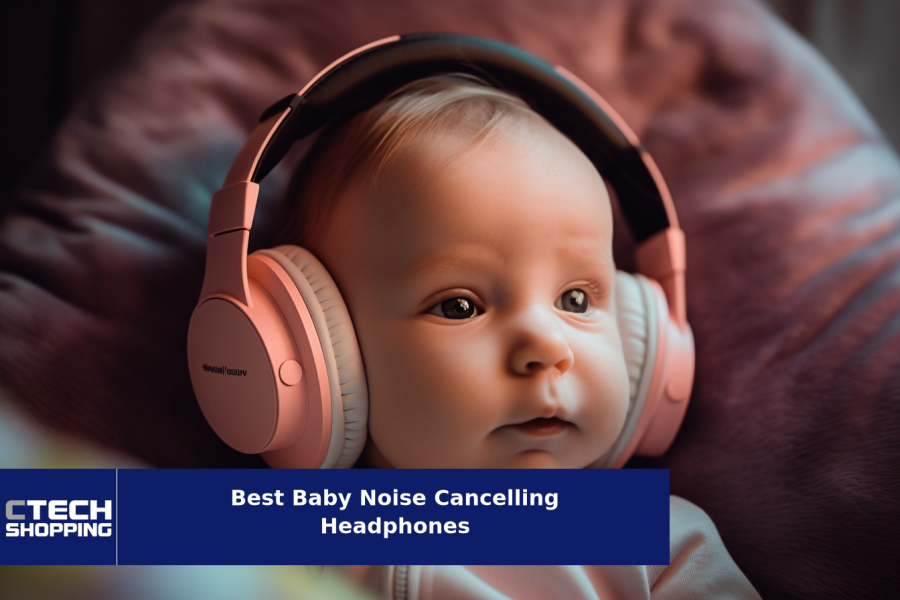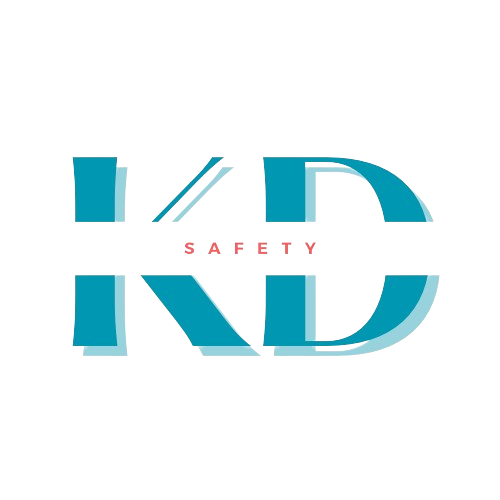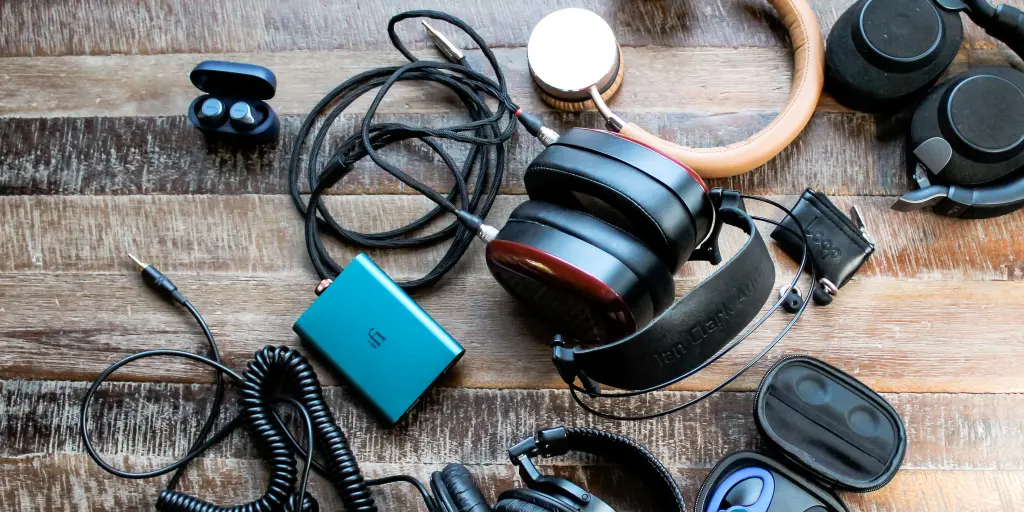To protect a baby’s ears from loud noise, use earmuffs or earplugs designed for infants. Keep them away from loud environments when possible.
Exposure to loud noise can be harmful to a baby’s sensitive hearing, leading to potential long-term damage. As a parent or caregiver, taking proactive steps to protect their ears is crucial. By using noise-canceling earmuffs that are specifically made for infants, you can effectively reduce the impact of loud noises on their delicate ears.
It’s essential to prioritize your baby’s hearing health by being mindful of their exposure to noise levels in various environments. This simple precaution can go a long way in safeguarding their hearing abilities for the future.

Credit: www.momjunction.com
Importance Of Protecting Baby’s Ears
Protecting baby’s ears from loud noise is crucial for their overall well-being. Exposure to loud sounds can cause long-term damage, so it’s important to use ear protection, such as earmuffs, in noisy environments. Additionally, creating a quiet and peaceful environment at home can also help protect your baby’s delicate ears.
Protecting your baby’s ears from loud noises is crucial as their ears are extremely sensitive. Loud noises can cause lasting damage to their hearing. Here’s why it’s important to shield your little one’s ears.
Vulnerable Ears
Babies have delicate ear structures that make them more susceptible to noise damage.
Long-term Impact
Exposure to loud noises during infancy can lead to hearing problems later in life.

Credit: www.calcalistech.com
Recognizing Harmful Noise Levels
It is crucial to understand harmful noise levels to protect a baby’s ears effectively.
Common Sources
- Household appliances
- Loud music or TV
- Festivals and events
- Fireworks displays
Decibel Levels
| Noise Source | Decibel Level |
|---|---|
| Whispering | 30 dB |
| Vacuum cleaner | 70 dB |
| Concerts | 110-120 dB |
Effective Ear Protection Methods
Babies have delicate ears that need protection from loud noises. Implementing effective ear protection methods is essential to safeguard their hearing health. Here are some tips to protect your baby’s ears from loud noise:
Choosing The Right Gear
When attending noisy events like concerts or fireworks displays, select noise-canceling earmuffs designed for infants to protect their sensitive ears. Look for models with adjustable headbands to ensure a snug and comfortable fit for your baby.
Using Soundproofing Techniques
When anticipating loud noises at home, create a quiet space for your baby by using soundproof curtains, rugs, and foam insulation to absorb and block out excessive noise. This can help reduce the impact of loud sounds on your baby’s developing ears.

Credit: www.nytimes.com
Creating A Safe Environment
To ensure a safe environment, safeguard your baby’s ears from loud noise by using ear protection like earmuffs or earplugs specifically designed for infants. Avoid exposing them to excessive noise levels, especially in crowded or noisy environments, to prevent potential hearing damage.
Creating a safe environment is crucial to protect your baby’s ears from loud noise. There are several measures you can take within your home and outdoors to ensure your little one’s hearing is well-protected. Making small modifications to your house and implementing outdoor precautions will go a long way in safeguarding your baby’s delicate ears from potential harm.
Home Modifications
When it comes to protecting your baby’s ears at home, some simple modifications can make a big difference. Consider the following steps:
- Designate a Quiet Room: Set aside a specific room where your baby can retreat to if they want to escape from loud noises. This room can be equipped with soft furnishings, such as curtains and carpets, to help absorb sound.
- Use Door Stoppers: Install door stoppers to reduce the noise produced when doors slam shut. This will help maintain a quieter environment throughout your home.
- Choose Noise-Canceling Curtains: Invest in noise-canceling curtains for your baby’s nursery or bedroom. These curtains have a special lining that blocks out external sounds, providing a peaceful environment for your baby to sleep or play.
- Install Soundproofing Panels: Consider installing soundproofing panels on the walls or ceilings of your home, particularly in rooms where your baby spends the most time. These panels can significantly reduce noise transmission from the outside and between rooms.
Outdoor Precautions
Protecting your baby’s ears while outdoors requires taking certain precautions. Here are some outdoor safety measures to consider:
- Use Ear Protection: Invest in noise-cancelling earmuffs designed specifically for babies and toddlers. These earmuffs effectively block out excessive noise and ensure your little one’s ears stay safe during outings.
- Choose Quiet Locations: When planning outdoor activities, opt for quieter locations away from construction sites, busy streets, or areas with loud music. Parks and natural surroundings provide a more peaceful environment for your baby.
- Be Mindful of Events and Festivals: Check event calendars for local festivals or events that might involve loud music or fireworks. Avoid taking your baby to such gatherings or use earmuffs to protect their hearing.
- Keep a Safe Distance: If you find yourself in a noisy environment, try to maintain a safe distance from the source of the noise. This simple step can significantly reduce the sound intensity reaching your baby’s ears.
Ensuring Regular Monitoring And Care
To safeguard a baby’s ears from loud noise, it is crucial to ensure regular monitoring and care. This involves minimizing exposure to loud environments and using protective ear coverings when necessary. By diligently monitoring noise levels, parents can help preserve their baby’s delicate hearing.
Routine Check-ups
Regular check-ups are essential for monitoring the development of your baby’s hearing. These visits to the pediatrician or a specialized audiologist help to ensure their auditory system is working optimally. During these examinations, professionals will assess the overall health of your baby’s ears, including the detection of any potential issues that may arise. By making routine check-ups a priority, you can stay one step ahead in protecting your baby’s delicate ears.
Signs Of Hearing Issues
While regular check-ups are crucial, it’s equally important to be aware of any signs that may indicate hearing issues in your baby. As parents, it’s our responsibility to recognize and address these signs as early as possible. Some common indicators include:
- Delay in responding to sounds or voices
- Lack of interest in playing with noisy toys or music
- Difficulty in following instructions
- Inconsistent response to their name being called
If you notice any of these signs, it’s important not to ignore them. Consult with a healthcare professional who specializes in pediatric audiology to evaluate and address any potential hearing problems.
Frequently Asked Questions Of How To Protect Baby’s Ears From Loud Noise?
How Can I Protect My Baby’s Ears From Loud Noise?
To protect your baby’s ears from loud noise, you can use ear protection devices such as earmuffs or earplugs made specifically for infants. Avoid exposing your baby to loud environments whenever possible and limit their exposure to loud noises. Additionally, try to keep a distance from any loud source of noise, such as fireworks or concerts, and lower the volume on electronic devices when your baby is nearby.
Conclusion
Protecting your baby’s ears from loud noises is crucial for their overall health and well-being. By using earmuffs or earplugs, avoiding loud environments, and practicing mindful noise reduction, you can ensure that your baby’s delicate ears are shielded from potential harm.
Prioritizing their hearing health from an early age will set them up for a lifetime of good auditory well-being.

